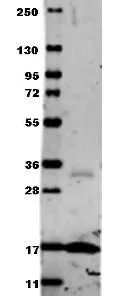
GTX26671 was used at a 1:1000 dilution incubated o/n 4oC to detect recombinant human TNF-Alpha protein by Western blot.
TNF alpha antibody
GTX26671
ApplicationsImmunoFluorescence, Western Blot, ELISA, ImmunoCytoChemistry, ImmunoHistoChemistry, ImmunoHistoChemistry Paraffin
Product group Antibodies
ReactivityHuman
TargetTNF
Overview
- SupplierGeneTex
- Product NameTNF alpha antibody
- Delivery Days Customer9
- Application Supplier NoteWB: 1:500-1:2000. IHC-P: 1:100-1:500. ELISA: 1:1000-1:5000. *Optimal dilutions/concentrations should be determined by the researcher.Not tested in other applications.
- ApplicationsImmunoFluorescence, Western Blot, ELISA, ImmunoCytoChemistry, ImmunoHistoChemistry, ImmunoHistoChemistry Paraffin
- CertificationResearch Use Only
- ClonalityPolyclonal
- Concentration1 mg/ml
- ConjugateUnconjugated
- Gene ID7124
- Target nameTNF
- Target descriptiontumor necrosis factor
- Target synonymsDIF, IMD127, TNF-alpha, TNFA, TNFSF2, TNLG1F, tumor necrosis factor, APC1 protein, TNF, macrophage-derived, TNF, monocyte-derived, TNF-a, tumor necrosis factor ligand 1F, tumor necrosis factor ligand superfamily member 2, tumor necrosis factor-alpha, tumor necrotic factor alpha
- HostRabbit
- IsotypeIgG
- Protein IDP01375
- Protein NameTumor necrosis factor
- Scientific DescriptionTumor necrosis factor-alpha (TNF-a), also known as cachectin, is an inflammatory. TNF-a is produced by neutrophils, activated lymphocytes, macrophages, NK cells, LAK cells, Astrocytes, endothelial cells, smooth muscle cells and some transformed cells. TNF-a appears to be a major mediator of inflammatory responses and overproduction results in the extensive tissue damage associated with endotoxemia and cachexia. In addition, high serum levels of TNF are associated with septic shock, rejection of renal transplants, parasitic infections and various neoplastic diseases. TNF-a influences the growth and function of both normal and neoplastic cells. On normal cells, TNF-a exhibits growth enhancing activities for fibroblasts, T cells and B cells; differentiation of myeloid cells. On neoplastic cells, TNF-a exerts growth inhibitory activities that can be either cytostatic or cytotoxic.
- ReactivityHuman
- Storage Instruction-20°C or -80°C,2°C to 8°C
- UNSPSC41116161
References
- Radix Angelica Sinensis and Radix Hedysari Ultrafiltration Extract Protects against X-Irradiation-Induced Cardiac Fibrosis in Rats. Ma C et al., 2020, Evid Based Complement Alternat MedRead this paper

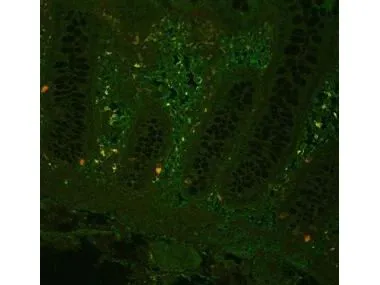
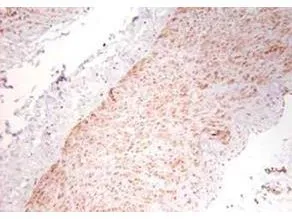
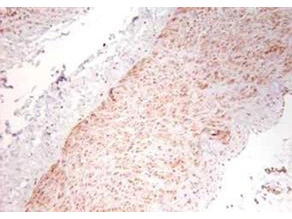
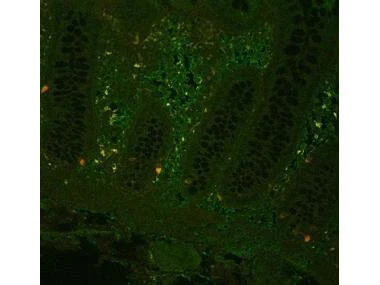
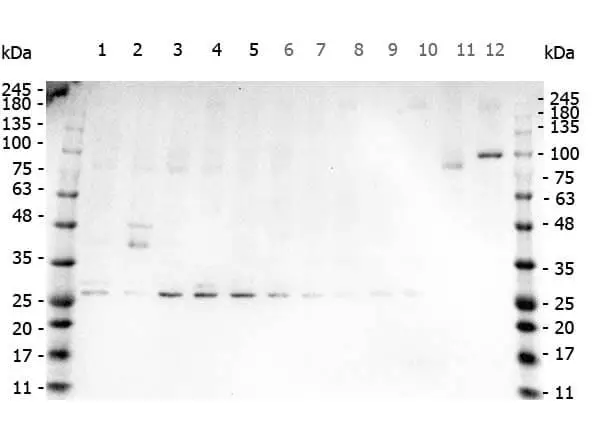
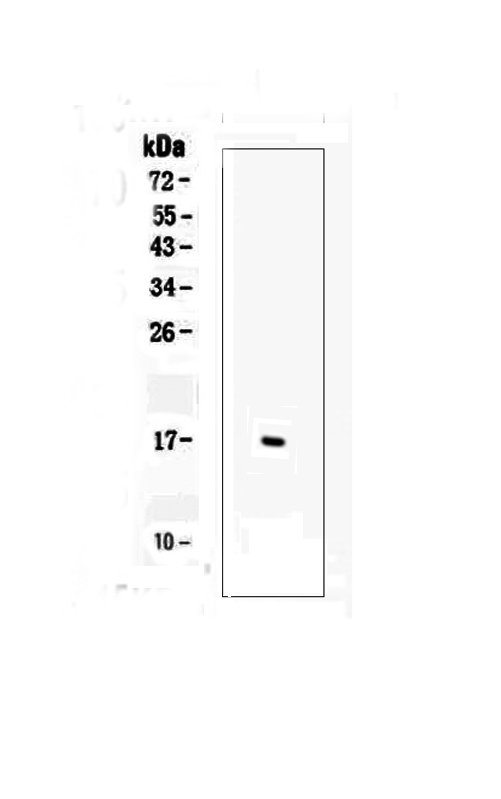




![Indirect ELISA analysis was performed by coating the plate with recombinant 293T expressed, human Fc- tagged TNF alpha(54-233 a.a.) (201.71-3.15 nM). Coated protein was probed with TNF alpha antibody [2C8] (GTX28348) (1 μg/mL). Goat anti-mouse IgG antibody (HRP) (GTX213111-01) (1:10000) was used to detect the bound primary antibody.](https://www.genetex.com/upload/website/prouct_img/normal/GTX28348/GTX28348_45070_20230526_ELISA_Indirect_23053001_503.webp)
![Indirect ELISA analysis was performed by coating the plate with recombinant 293T expressed, human Fc- tagged TNF alpha(54-233 a.a.) (201.71-3.15 nM). Coated protein was probed with TNF alpha antibody [F6C5] (GTX28349) (1 μg/mL). Please notice that GTX28349 needs to be conjugated to biotin to function as the detection antibody. Please contact us for custom biotin-conjugated antibody.](https://www.genetex.com/upload/website/prouct_img/normal/GTX28349/GTX28349_45059_20230526_ELISA_Indirect_23053001_612.webp)